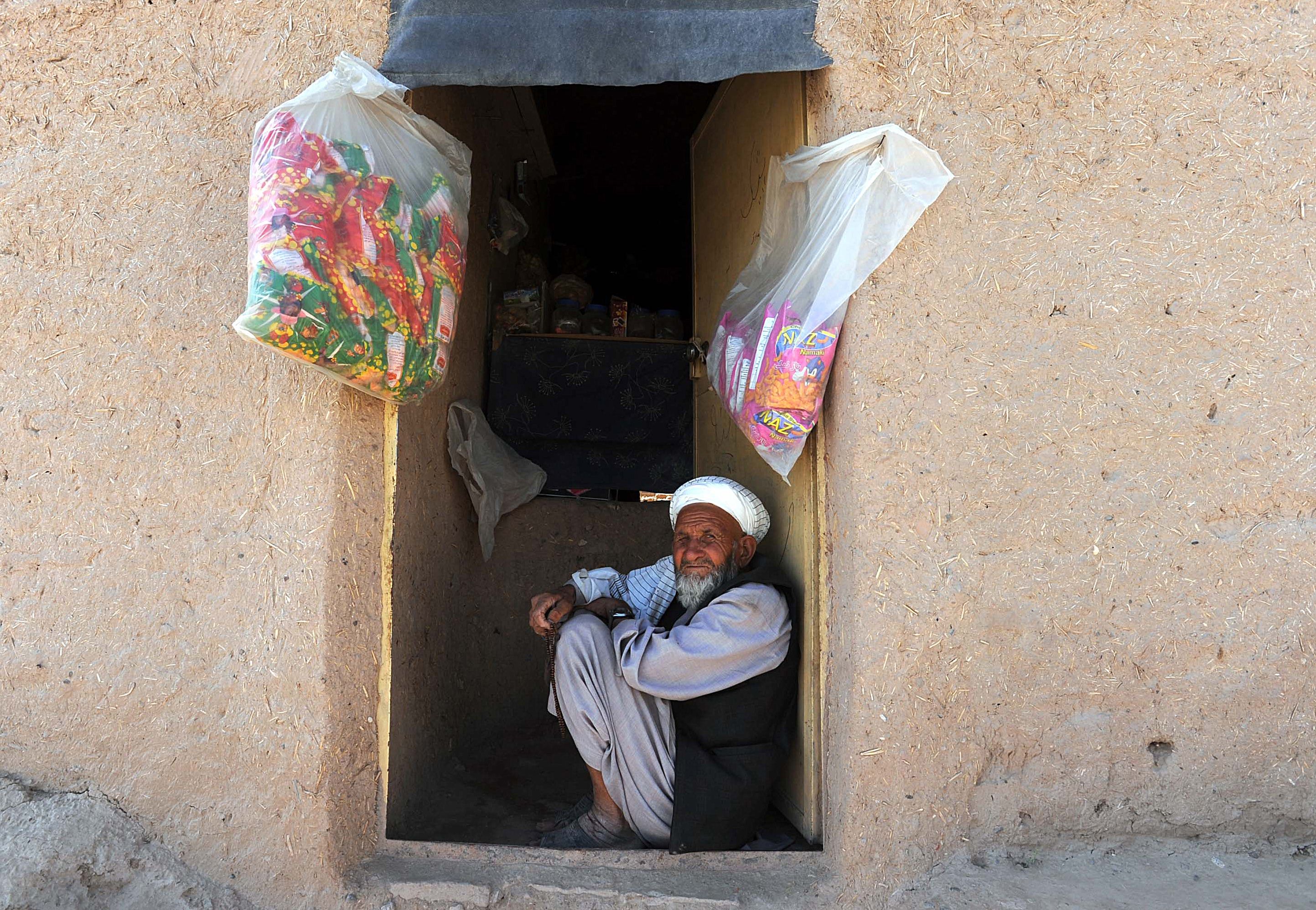Back in Afghanistan, Daoud Sediqi recalls, he could rarely walk the streets without fans cheering him on, grateful he brought some hope back to the country with his blockbuster Afghan Idol show.
But the 29-year-old s own sense of hope is now slipping away. He has left behind stardom – both his own and of the reality show s contestants – for a new life in the United States, which granted him asylum due to Taliban threats.
In his stylish checkered shirt and blue jeans, Sediqi has started a new job as a radio announcer for Voice of America, the US-funded broadcaster. On a call-in show during the Islamic holy month of Ramadan, Sediqi eschewed music and took questions from Afghanistan on spiritual matters.
Sediqi went overseas for the first time in January for the Sundance Film Festival, which screened a British documentary on Afghan Idol and its soaring popularity in a nation where entertainment was forbidden under Taliban rule.
As he prepared to fly back, Sediqi was overcome with second thoughts. He still wrestles with his decision to stay, which triggered furious criticism by some Afghans who accused him of turning his back on the country.
Sediqi, an engaging conversationalist with piercing hazel eyes, turned hesitant when asked his reasons for leaving. But he passionately defended himself.
Why did I leave my country? I was a star there. Believe me, nobody will leave a country if you re a star. Ask Ryan Seacrest – does he want to go somewhere else? he said, referring to his counterpart at American Idol.
Multiple reasons motivated me to remain in this country. I can t really explain every one. But one thing was very important – we have lost our hope in our country. That was the big thing. If you lose your hope in your country, you ll do anything.
Sediqi s pessimism has grown deeper as he watches from afar the aftermath of Afghanistan s second-ever presidential election, in which Western observers allege widespread fraud by President Hamid Karzai s supporters.
The situation is deteriorating on a daily basis in Afghanistan, Sediqi said. At first I sometimes said I should not have remained here, that I should have gone back to Afghanistan. But as I see what s happening, I now think I made the right decision.
Afghanistan s Tolo TV has continued Afghan Idol with a new host, former flight attendant Omid Nezami.
When he started the show in 2005, Sediqi said he had little concern about security – and few expectations of reaching a mass audience.
Sediqi has long pushed the envelope. When the Taliban controlled Afghanistan from 1996 to 2001, imposing an austere brand of Islam that banned all entertainment, Sediqi turned into a clandestine television repairman.
Sediqi – who was first exposed to Indian Idol, India s version of the globally popular talent show – said his first goal was to give an outlet to women, whose lives were severely restricted by the Taliban.
In what Islamic country can you not find women singing? Sediqi said.
In our country for more than 1,000 years we are Muslims and before there was music and singing by ladies and gentlemen. I don t know why in six years of the Taliban that culture has changed.
In January, female contestant Elaha Sorur became one of the last eight singers standing on the fourth season of Afghan Idol, enduring death threats to perform before a national television audience.
Sediqi also credits the program with breaking ethnic barriers, with contestants of diverse backgrounds competing and commiserating together, as well as instilling an appreciation of democracy in Afghans who voted on the show.
But as millions tuned in, the threats also grew. Sediqi said he and his crew traveled around the country on a bus for the first season of Afghan Idol ; by season four, they were screening audience members and requesting security from local governors.
Sediqi said the turning point for him came when he received a rapturous response at Sundance and was hailed for his achievements.
For years I never took one day off, and what did we get in return? he said. We brought some change, but we haven t been able to reach our strategic goal. We are still under threat. Sediqi said he has been adjusting well to life in the United States, which he said he already knew well from watching movies and television. The one thing that is different is that I saw freedom here. Here you can say anything and be anything you want – a singer, a dancer. Sediqi said he wanted to continue to work for Afghanistan, broadcasting home through Voice of America and perhaps becoming a filmmaker to make movies about the country.
But he doubted he would return home soon.
I don t want to go back to Afghanistan unless I can do something bigger than Afghan Star, he said.


